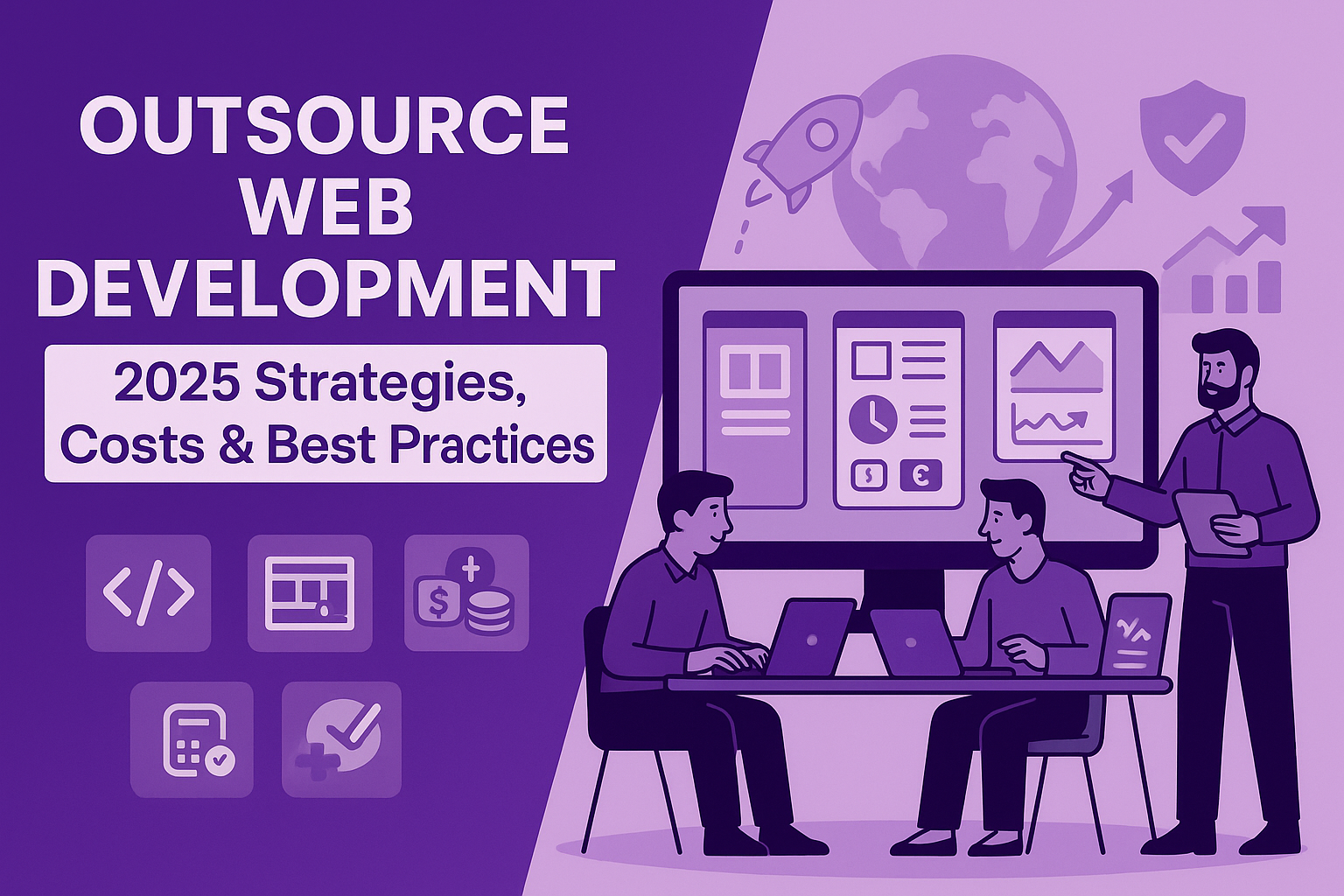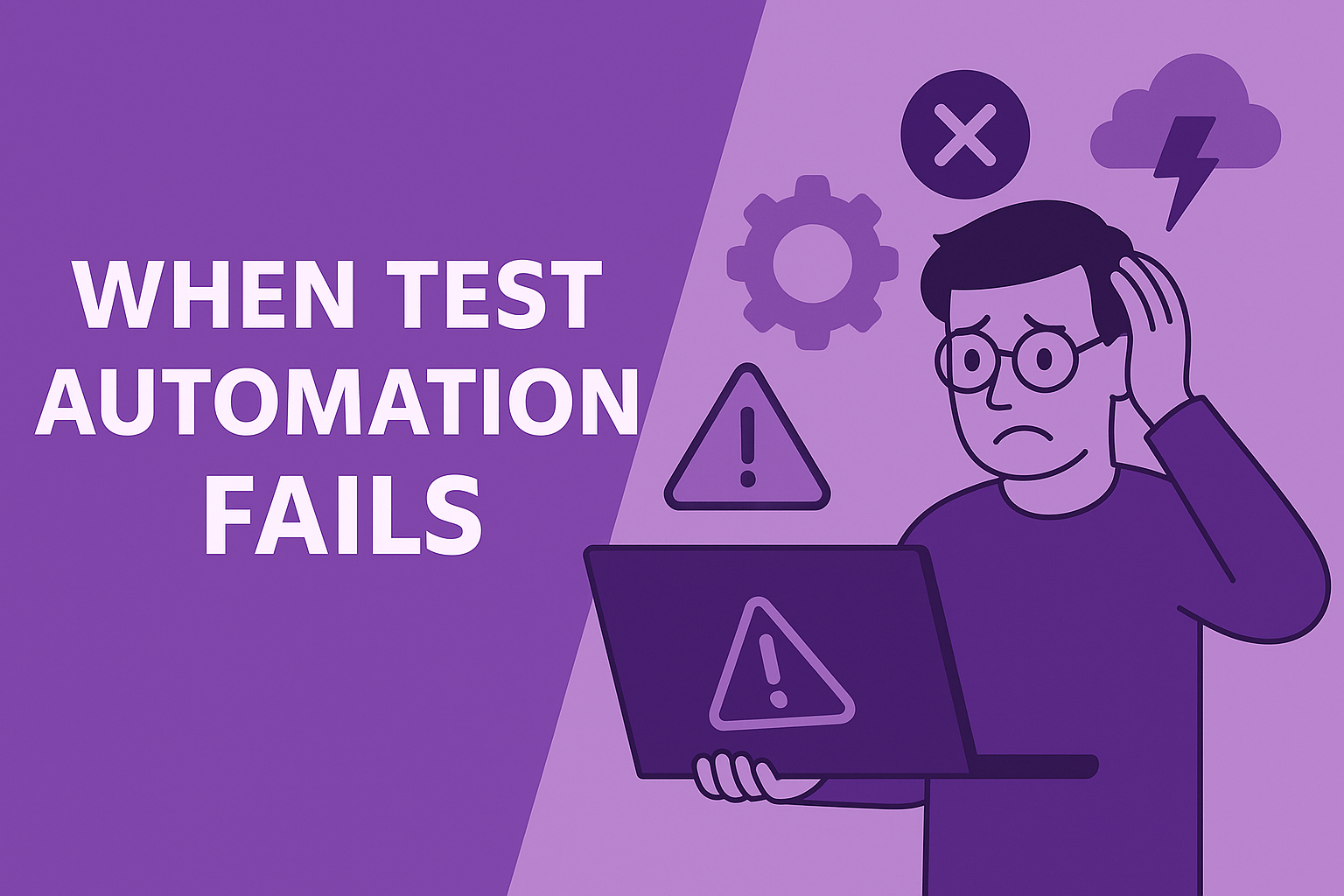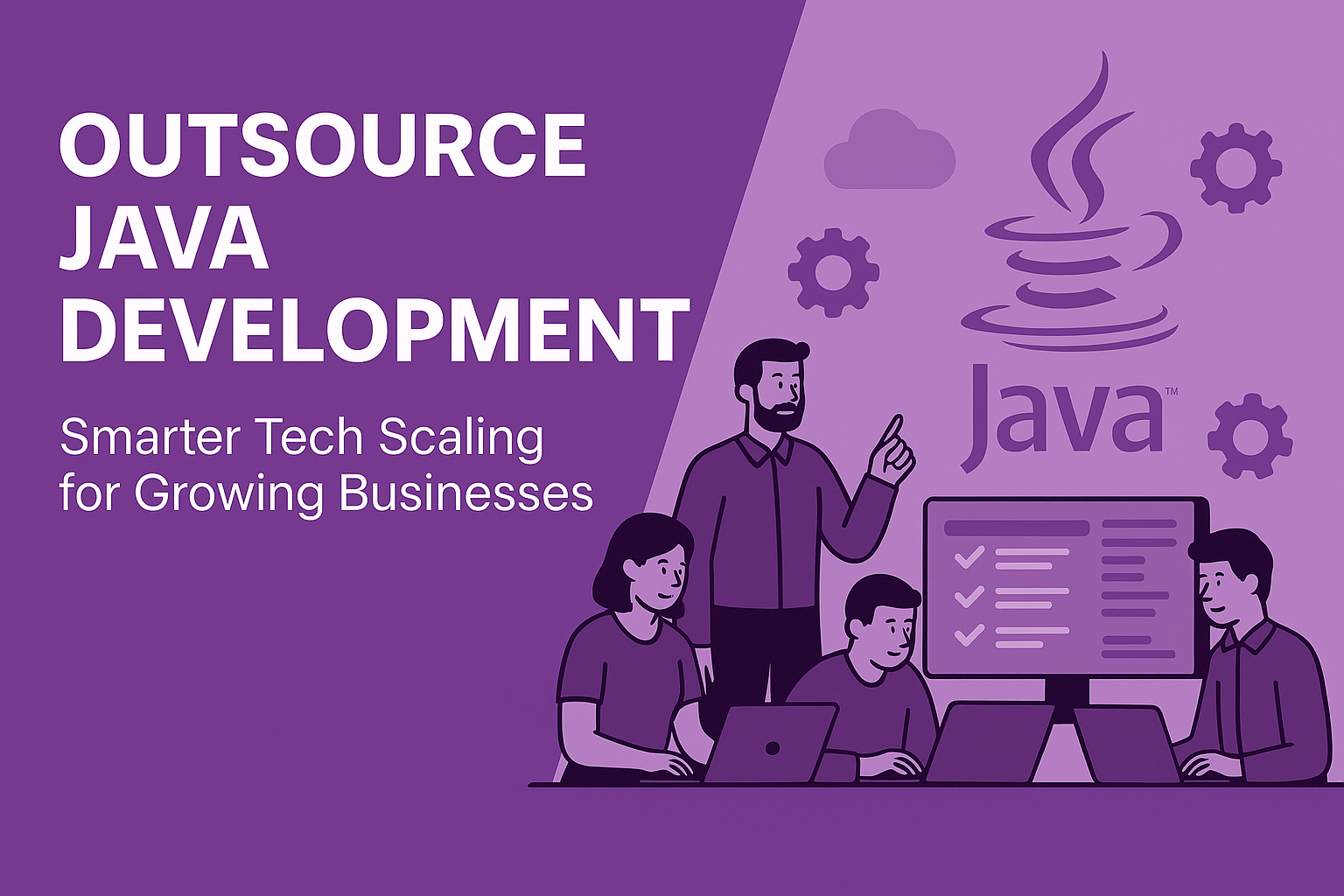What is Web Development Outsourcing?
Web development outsourcing refers to the practice of hiring external agencies, freelancers, or specialized firms to handle various aspects of your web development projects. Instead of building an in-house team, businesses partner with external experts to design, develop, and maintain their websites or web applications.
This strategic approach allows companies to leverage global talent and resources, often leading to significant cost savings, access to specialized skills, and faster project turnaround. Outsourcing web development can encompass a range of services, from front-end and back-end development to user experience (UX) design, quality assurance (QA), and ongoing maintenance.
Key Components of Web Development Outsourcing:
- Frontend Development: User interface and user experience design
- Backend Development: Server-side logic and database management
- Full-Stack Development: Complete web application development
- Quality Assurance: Testing and bug fixing
- Maintenance & Support: Ongoing updates and technical support
- Project Management: Coordination and delivery oversight
These services are typically offered as part of comprehensive IT outsourcing solutions that can be customized to your specific business needs.
Why Should You Outsource Web Development?
The decision to outsource website development is driven by several compelling strategic factors that directly impact business competitiveness and growth potential. Understanding why outsource web development has become a priority requires examining modern organizational challenges where technological expertise, speed of implementation, and cost efficiency determine market success.
Access to Global Talent Pool
The global technology skills shortage has created unprecedented challenges for companies trying to build internal capabilities. When you outsource web development services, you gain immediate access to specialized expertise in emerging technologies like artificial intelligence, machine learning, and advanced frameworks without the lengthy recruitment process.
Significant Cost Reduction
Cost reduction through IT outsourcing typically ranges from 25% to 60% compared to maintaining equivalent internal capabilities. Website development outsourcing company partnerships eliminate infrastructure investments, training costs, and employee benefits while providing predictable pricing models.
Faster Time-to-Market
Outsourcing can drive up to 40% in cost savings while accelerating time-to-market by up to 50%. Established web development outsourcing companies have streamlined processes and experienced teams that can deliver projects faster than building capabilities from scratch.
For a detailed analysis of outsourcing benefits, explore our comprehensive IT outsourcing benefits guide.
Focus on Core Business Activities
By choosing to outsource web development, your internal teams can focus on core business competencies like marketing, sales, and product strategy while leaving technical implementation to specialists.
How Much Does it Cost to Outsource Web Development?
Understanding the financial implications of outsourcing web development requires examining various cost factors and regional differences. Average wages of tech employees in Latin America are approximately 38% of those in the U.S., with overall labor arbitrage averaging 30-50% in the region.
Regional Cost Breakdown (2025 Rates):
Eastern Europe (Including Bulgaria):Bulgaria has emerged as a leading outsourcing destination with competitive advantages and skilled professionals.
- Junior Developer: $25-35/hour
- Mid-level Developer: $35-50/hour
- Senior Developer: $50-70/hour
- Full-stack Developer: $45-65/hour
Latin America:
- Junior Developer: $20-30/hour
- Mid-level Developer: $30-45/hour
- Senior Developer: $45-60/hour
- Full-stack Developer: $40-55/hour
Asia (India, Philippines):
- Junior Developer: $15-25/hour
- Mid-level Developer: $25-40/hour
- Senior Developer: $40-55/hour
- Full-stack Developer: $35-50/hour
Project-Based Pricing Models:
Simple Website (5-10 pages): $5,000 - $15,000E-commerce Platform: $15,000 - $50,000Custom Web Application: $25,000 - $100,000+Enterprise Solution: $100,000 - $500,000+
Hidden Costs to Consider:
- Communication and coordination overhead
- Time zone differences impact
- Quality assurance and testing
- Project management and oversight
- Potential revision cycles
- Integration with existing systems
Which Web Development Outsourcing Models Should You Choose?
The success of outsourcing web design and development depends heavily on selecting the appropriate engagement model. Each model provides distinct advantages and considerations, allowing businesses to choose the approach that best aligns with their project needs and organizational goals.
Staff Augmentation Model
Staff augmentation involves adding skilled developers to your existing team temporarily. This model works best when you have internal project management capabilities but need additional technical expertise.
Best For:
- Short-term projects (3-6 months)
- Specific skill gaps in your team
- When you want to maintain direct control
- Budget-conscious projects
Advantages:
- Direct control over team members
- Flexible scaling up or down
- Lower management overhead
- Cost-effective for specific skills
Dedicated Development Team
In the Full Web Development Outsourcing Model, you delegate the entire development process to an external vendor. This approach means that the vendor's self-managed team handles all aspects of the project from start to finish.
Best For:
- Long-term projects (6+ months)
- Complex applications requiring specialized expertise
- When you lack internal technical leadership
- Startups needing complete development capabilities
Learn more about Cleverix's dedicated team solutions for comprehensive project management.
Advantages:
- Complete project ownership by vendor
- Established development processes
- Access to full-stack expertise
- Reduced management burden
Hybrid Outsourcing Model
Hybrid outsourcing models, which combine onshore, nearshore, and offshore teams, are gaining traction. Research shows that businesses using hybrid models achieve 15-20% higher project outcomes due to improved communication and flexibility.
Best For:
- Large enterprises with complex requirements
- Projects requiring 24/7 development cycles
- Organizations wanting risk distribution
- Multi-location companies
What are the Top Trends in Web Development Outsourcing for 2025?
The outsourcing web development landscape is evolving rapidly, driven by technological advancements and changing business priorities. Outsourcing development is starting to be more about investing in expertise and finding long-term, strategic partners rather than just cheap developers.
AI-Powered Development Integration
AI-powered tools are reshaping outsourcing by improving testing processes, collaboration, and overall efficiency. Experts point out that AI helps reduce errors, streamline workflows, and speed up product delivery timelines.
Key AI Applications:
- Automated code generation and review
- Intelligent testing and quality assurance
- Enhanced project management tools
- Real-time collaboration improvements
Nearshoring Over Offshore
Nearshoring has gained traction, with its focus on proximity and shared cultural values taking precedence over cost savings. A 2023 study found that 40% of companies are now opting for nearshore solutions to minimize time zone differences.
Benefits of Nearshoring:
- Improved communication and collaboration
- Shared time zones and business hours
- Cultural alignment and understanding
- Easier travel and face-to-face meetings
- Legal and regulatory similarities
Specialized Industry Expertise
In sectors like healthcare and fintech, businesses are prioritizing domain expertise over low-cost alternatives. This ensures adherence to regulations while maintaining top-notch quality.
High-Demand Specializations:
- Healthcare and telemedicine platforms
- Fintech and blockchain applications
- E-commerce and marketplace solutions
- AI and machine learning integration
- Cybersecurity and data protection
Quality Over Cost Focus
Data shows that while 70% of companies still value cost efficiency, expertise has become equally important. Modern businesses prioritize long-term value over short-term savings.
How Do You Choose the Right Web Development Outsourcing Company?
Selecting the ideal website development outsourcing company requires a systematic evaluation process that goes beyond cost considerations. Look for outsourcing partners who are up-to-date with the latest technologies and best practices because an innovative partner will help you stay ahead of the curve.
Technical Expertise Assessment
Portfolio Review:
- Examine previous projects similar to yours
- Assess code quality and architecture decisions
- Evaluate user experience and design capabilities
- Check performance and scalability of delivered solutions
Technology Stack Proficiency:
- Frontend: React, Vue.js, Angular, HTML5/CSS3
- Backend: Node.js, Python, PHP, .NET, Java
- Databases: MySQL, PostgreSQL, MongoDB
- Cloud Platforms: AWS, Azure, Google Cloud
- DevOps: Docker, Kubernetes, CI/CD pipelines
Communication and Cultural Fit
Language Proficiency:
- English communication skills
- Technical documentation abilities
- Video conferencing comfort level
- Written communication clarity
Cultural Alignment:
- Business hours overlap
- Work ethic and values alignment
- Project management methodology compatibility
- Problem-solving approaches
Security and Compliance Standards
Data Protection:
- GDPR compliance capabilities
- Security certifications (ISO 27001, SOC 2)
- Data handling and storage policies
- Intellectual property protection measures
Quality Assurance:
- Testing methodologies and tools
- Bug tracking and resolution processes
- Performance monitoring capabilities
- Documentation standards
Financial Stability and Scalability
Company Assessment:
- Years in business and client retention
- Team size and growth trajectory
- Financial stability indicators
- Scalability to handle project growth
References and Reviews:
- Client testimonials and case studies
- Third-party review platforms (Clutch, GoodFirms)
- Industry recognition and awards
- Long-term client relationships
If you are looking for potential partners Cleverix can help with technical expertise across diverse industries.
What are Common Challenges When You Outsource Website Development?
While outsourcing web programming offers significant benefits, understanding potential challenges helps you prepare and mitigate risks effectively.
Communication and Time Zone Differences
Challenge: Miscommunication due to language barriers and time zone gaps can lead to project delays and quality issues.
Solutions:
- Establish clear communication protocols
- Use collaboration tools (Slack, Microsoft Teams)
- Schedule regular video calls during overlapping hours
- Document all requirements and decisions
- Implement daily standups and weekly reviews
Quality Control and Standards
Challenge: Ensuring consistent quality when working with remote teams.
Solutions:
- Define clear coding standards and guidelines
- Implement code review processes
- Use automated testing and continuous integration
- Establish quality gates at each development phase
- Regular demos and feedback sessions
Intellectual Property Protection
Challenge: Safeguarding proprietary information and source code.
Solutions:
- Comprehensive Non-Disclosure Agreements (NDAs)
- Intellectual Property Assignment agreements
- Secure development environments
- Regular security audits
- Clear data ownership clauses
Scope Creep and Change Management
Challenge: Managing evolving requirements without impacting timeline and budget.
Solutions:
- Detailed project scope documentation
- Change request procedures
- Agile development methodology
- Regular sprint planning and reviews
- Clear escalation processes
How Do You Implement Successful Web Development Outsourcing?
Implementing a successful outsource web development strategy requires careful planning, clear processes, and ongoing management. Follow this step-by-step approach to maximize your outsourcing success.
Phase 1: Project Planning and Requirements (Weeks 1-2)
Define Project Scope:
- Create detailed functional requirements
- Specify technical requirements and constraints
- Establish design guidelines and branding
- Define success metrics and acceptance criteria
Budget and Timeline Planning:
- Set realistic budget expectations
- Create milestone-based timeline
- Account for testing and revision phases
- Plan for post-launch support and maintenance
Phase 2: Vendor Selection and Onboarding (Weeks 3-4)
Vendor Evaluation Process:
- Request detailed proposals from 3-5 companies
- Conduct technical interviews with key team members
- Review portfolio and client references
- Assess communication and project management capabilities
Contract Negotiation:
- Define clear deliverables and milestones
- Establish payment terms and schedule
- Include intellectual property clauses
- Set performance metrics and penalties
Phase 3: Development and Management (Ongoing)
Project Kickoff:
- Introduce all team members
- Establish communication channels and tools
- Set up development and testing environments
- Review project timeline and milestones
Ongoing Management:
- Daily standups and weekly progress reviews
- Regular demo sessions and feedback
- Continuous testing and quality assurance
- Change request management
- Risk identification and mitigation
Phase 4: Testing and Deployment (Final 2-4 Weeks)
Quality Assurance:
- Comprehensive functionality testing
- Performance and load testing
- Security vulnerability assessment
- Cross-browser and device compatibility
- User acceptance testing
Deployment Planning:
- Production environment setup
- Database migration and data transfer
- DNS configuration and SSL certificates
- Backup and recovery procedures
- Go-live checklist and rollback plan
When Should You Start Outsourcing Web Design and Development?
Timing your outsource web initiative correctly can significantly impact project success and overall ROI. Consider these key indicators and optimal timing strategies.
Business Readiness Indicators
Clear Project Vision:
- Well-defined business objectives
- Detailed feature requirements
- Established success metrics
- Allocated budget and timeline
Internal Capacity Assessment:
- Limited technical expertise internally
- Competing priorities for development team
- Need for specialized skills or technologies
- Desire to accelerate time-to-market
Market Timing Considerations
Industry Seasonality:
- Avoid peak seasons for your industry
- Consider user behavior patterns
- Plan around major holidays or events
- Align with business cycle timing
Technology Readiness:
- Stable framework and platform versions
- Mature tooling and development practices
- Clear best practices and standards
- Available skilled developers in the market
Optimal Planning Timeline
3-6 Months Before Launch:
- Begin vendor research and evaluation
- Define project requirements and scope
- Establish budget and timeline expectations
- Start initial vendor discussions
2-3 Months Before Development:
- Complete vendor selection and contracting
- Finalize project specifications
- Set up communication and project management tools
- Conduct project kickoff meeting
How Do You Measure Web Development Outsourcing Success?
Establishing clear metrics and evaluation criteria ensures your outsource web development services investment delivers expected returns and meets business objectives.
Key Performance Indicators (KPIs)
Project Delivery Metrics:
- On-time delivery percentage
- Budget adherence (within 10% variance)
- Scope completion rate
- Quality defect density
- Client satisfaction scores
Technical Quality Metrics:
- Code quality assessments
- Performance benchmarks (page load times)
- Security vulnerability counts
- Cross-browser compatibility scores
- Mobile responsiveness metrics
Business Impact Metrics:
- Return on Investment (ROI)
- Time-to-market acceleration
- Cost savings compared to in-house development
- User engagement and conversion improvements
- Long-term maintenance cost reduction
Evaluation Framework
Monthly Reviews:
- Progress against milestones
- Budget utilization tracking
- Quality metrics assessment
- Risk identification and mitigation
- Communication effectiveness evaluation
Quarterly Assessments:
- Overall project health review
- Vendor performance evaluation
- Strategic alignment assessment
- Market competitiveness analysis
- Future planning and optimization
Long-term Success Factors
Partnership Development:
- Vendor relationship maturity
- Knowledge transfer effectiveness
- Process optimization achievements
- Scalability demonstration
- Innovation contribution
Business Value Realization:
- Revenue impact measurement
- Operational efficiency gains
- Customer satisfaction improvements
- Competitive advantage achievement
- Future project pipeline development
Conclusion: Your Next Steps to Successful Web Development Outsourcing
Outsourcing web development in 2025 represents a strategic opportunity to accelerate your digital transformation while optimizing costs and accessing world-class expertise. Innovation, collaboration, and agility define the future of software development outsourcing, making it essential to choose partners who align with these values.
The key to successful web development outsourcing lies in thorough planning, careful vendor selection, and ongoing management. By focusing on expertise over cost, embracing emerging trends like AI integration and nearshoring, and establishing clear communication protocols, you can achieve exceptional results that drive business growth.
Ready to outsource your web development project? Cleverix offers comprehensive web development outsourcing services with a proven track record of delivering high-quality solutions for businesses across various industries. Our team of skilled professionals combines technical expertise with strategic thinking to ensure your project's success.
Contact us to discuss your web development requirements and discover how our outsourcing services can accelerate your digital initiatives while optimizing costs and quality. Explore our full range of IT services to see how we can support your technology goals.





